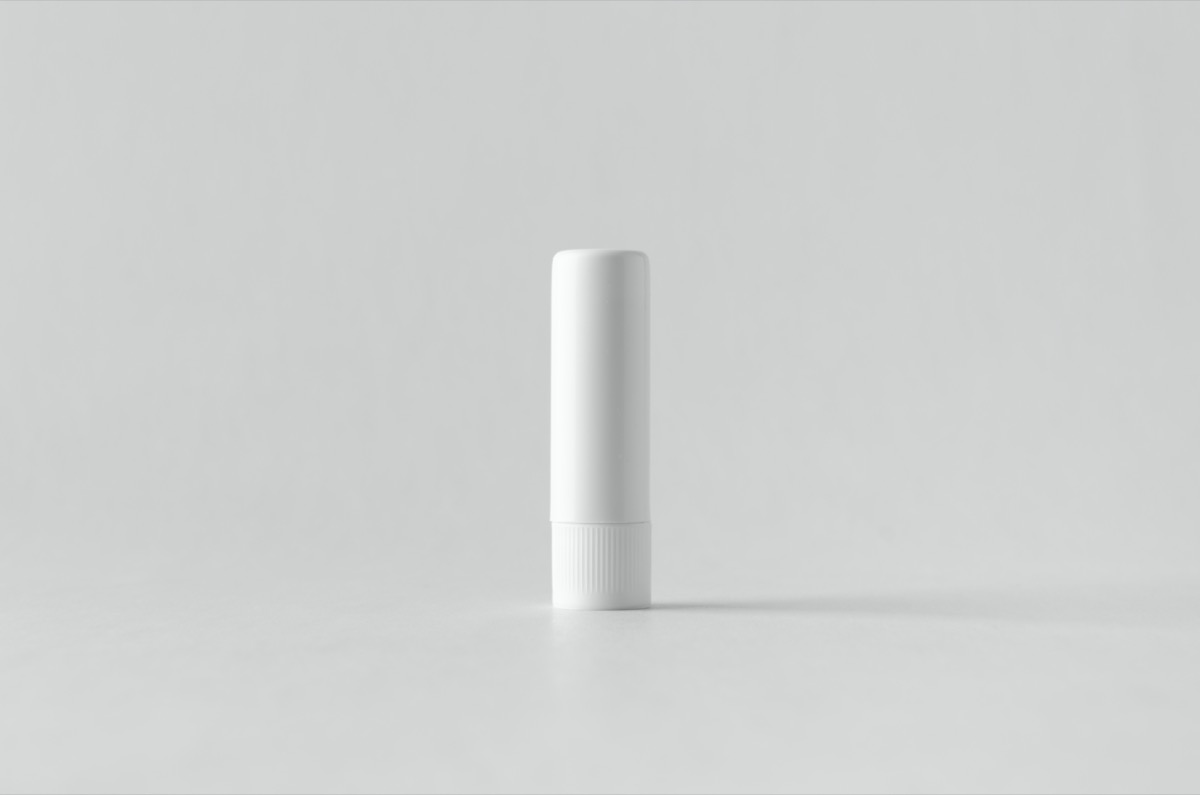The discovery comes from new research conducted by scientists in France and the United States, published in the journal American Physical Society on Oct. 2. The study used high-speed video recordings of subjects speaking various sounds to determine how potentially infected droplets are expelled from someone’s mouth. Visual evidence shows that lip movements made to form the hard consonant sounds of “P” and “T” generate the most droplets—but that lip balm can help reduce the amount of droplets that are expelled. The study found that saliva building up on the edges of the lips creates strings, or “filaments,” that spread across the opening of the mouth when it is opened and closed, creating droplets when breath carries the saliva from the mouth into the air. However, scientists found that lip balm makes it hard for filaments to form on the mouth. In fact, the research showed that using lip balm cut the number of droplets down by four times compared to non-moisturized lips. The results are so surprising that the study’s authors conclude that using a lip balm could be a cheap, effective solution to slowing the spread of the virus, especially in the coming winter months when people—and their dry lips—will be spending more time indoors. The study is not the first to examine how droplets carrying the coronavirus can be spread based on certain lip movements. A study published on Sept. 25 in the Proceedings of the National Academy of Sciences also used a high-speed camera to film the movement of droplets being spread from a person speaking several different phrases. They looked at the droplets spread from short statements, like “We will beat the coronavirus,” to alliterative nursery rhymes, like “Peter Piper picked a peck” and “Sing a song of sixpence.“ae0fcc31ae342fd3a1346ebb1f342fcb RELATED: For more up-to-date information, sign up for our daily newsletter. The study concluded that certain statements spread more droplets than others. The researchers from that study also found that the sound from the letter “P” creates puffs of air in front of the speaker, while an entire statement using “P” sounds, such as “Peter Piper picked a peck,” created what the researchers called an entire “train of puffs,” increasing the chances of COVID transmission. And for more on how COVID can spread, check out The CDC Has Finally Acknowledged That COVID Spreads Through the Air.
